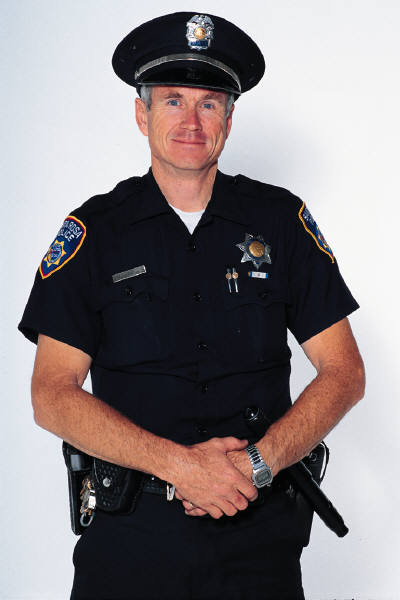 On the night of March 8, 2005, Police Officer Anthony Vicaretti found a white Ford truck parked awkwardly behind the Village Hall in Goshen, New York. He approached and found defendant Tyler Keesler asleep behind the wheel.
On the night of March 8, 2005, Police Officer Anthony Vicaretti found a white Ford truck parked awkwardly behind the Village Hall in Goshen, New York. He approached and found defendant Tyler Keesler asleep behind the wheel.
The officer observed Keesler was nervous, his eyes were droopy and red, his speech was slurred, and that he was fumbling with a "spotting scope" positioned between his legs.
While Vicaretti testified that he did not fear for his safety, he was "nervous" about the situation, and asked Keesler to step out of the vehicle for a pat down and a field sobriety test, which proved inconclusive. He then instructed Keesler to sit on the hood of the police car and asked Kessler to sign a consent form permitting a search of the vehicle's interior.
After the form was executed, Vicaretti uncovered cocaine and the Justice Court of the Village of Goshen, Orange County, eventually convicted Keesler of criminal possession of a controlled substance in the seventh degree.
Keesler appealed to the Appellate Term, Second Department, which overturned the conviction. The AT2 was of the opinion that the defendant did not "voluntarily consent" to a search, but submitted to "lawful authority." According to that appellate court, Keesler was treated as if he had been in custody, was not advised he could withhold consent, and, under the circumstances, had yielded to "overbearing official pressure."
In the absence of voluntary consent, a search would have been justified if the officer was in danger and thought it likely the search would produce a weapon. In this case, since the officer testified to the contrary, the drugs retrieved from the truck could not be used as evidence against Keesler.
Do we have your consent to conclude this analysis?

For a copy of the Appellate Term's decision, please use this link: People v. Keesler
